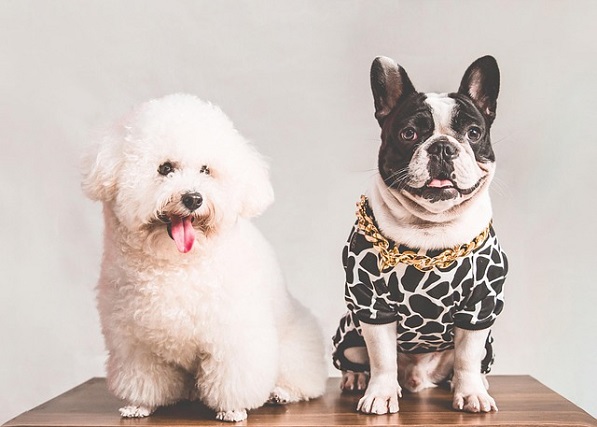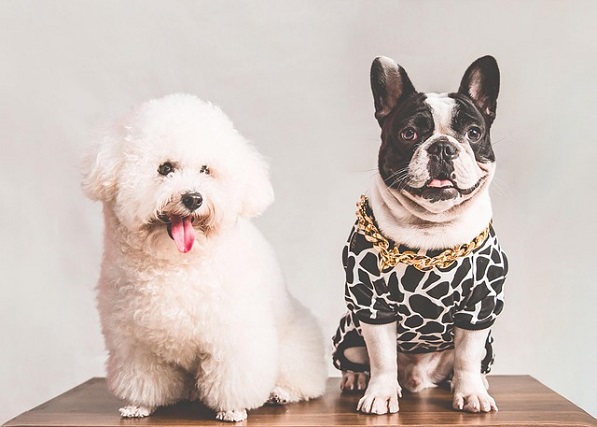Picture this: you're at the local park, leash dangling uselessly in your hand, as your new Labrador, Fido, bolts toward a squirrel. You shout "COME!" until your throat burns. He glances back, wags his tail, and keeps running. Sound familiar? You're not alone—many first-time dog owners in the U.S. face this exact frustration. The good news? Fixing a broken recall hinges on understanding why dogs ignore us, not just yelling louder.
Dogs don't instinctively grasp English commands. Their response depends on association: if coming to you consistently means losing freedom (leash clipped = fun ends) or facing scolding, why would they comply? Here’s where behavioral science saves the day. Recall training thrives on operant conditioning—rewarding desired actions so heavily that your dog chooses you over distractions. Start indoors with zero distractions. Use a unique recall word like "Here!" or "Touch!" (never their name alone), paired with a jackpot reward: diced chicken, not kibble. When they rocket toward you, celebrate like they won the lottery! This builds neural pathways linking recall with pure joy.
Now, level up gradually. Move to your fenced backyard, then a quiet street. Always carry a "high-value treat pouch" during walks—real meat or cheese, reserved only for recalls. If your dog ignores you, avoid chasing; instead, move away while making happy noises. Their instinct to follow kicks in. For stubborn cases, attach a 15-ft long-line leash in public areas (like Brooklyn’s Prospect Park or Seattle’s Green Lake). This lets you gently reel them in if needed, without turning recall into punishment. Remember: if they finally come after 10 minutes, still reward them. Punishing late arrivals teaches them to avoid you entirely.

Crucially, align training with U.S. pet culture and laws. Positive reinforcement isn’t just effective—it’s expected. Yanking leashes, shock collars, or yelling violates modern dog obedience ethics and can alienate neighbors. Legally, ensure your pup’s rabies vaccine is current (state laws vary; fines hit $500+ in California). Always carry waste bags—cities like Portland issue $250 tickets for uncollected poop. Apartment dwellers, take note: practice "emergency recalls" daily in hallways using those high-value treats. Teach polite elevator etiquette (sitting before doors open) to avoid complaints. When practicing in shared spaces, use a long-line only in low-traffic zones—never near playgrounds or picnic areas.
Ultimately, a reliable recall isn’t about control; it’s about becoming your dog’s favorite "destination." One client in Chicago transformed her escape-artist Beagle by carrying hot-dog bits exclusively for recalls. Within weeks, he’d ditch squirrels mid-chase to sprint back to her. Patience and premium treats build trust that shouting never will. Your dog can learn to listen—make yourself worth their while.






